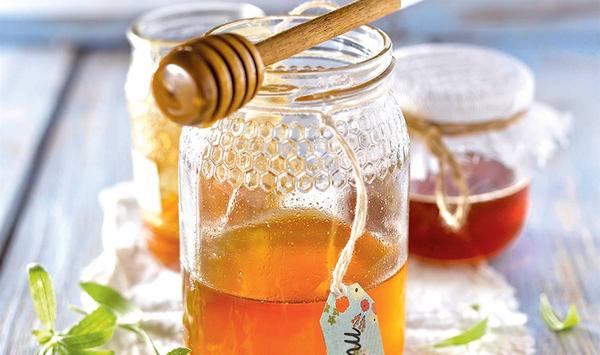By clothing-bag, 20/03/2022
10 natural sweeteners to replace sugar
From a nutritional point of view, there is no doubt that carbohydrates are quantitatively the most important component of our diet. They are made up of sugar molecules, and are subdivided into simple sugars (glucose, galactose and fructose), disaccharides and polysaccharides, among others.
The term "free sugar" refers to sugars such as fructose, glucose, and sucrose, and many food manufacturers, cooks, or general consumers tend to add them to foods. In this sense, the content of natural sugar present in honey, syrup or fruit juices is also part of this. Of course, the sugar present in fresh fruits and vegetables, in addition to milk, is excluded.
Although scarce a few years ago, today we find a huge amount of sugar in many of the foods we consume today. For example, it is estimated that each year we consume more than 35 kilograms of sugar, which would correspond to a daily consumption of between 90 and 100 grams of sugar.

So, as the World Health Organization (WHO) recommendations for daily sugar intake show, it is obvious that we are absorbing too much free sugar through our diet: it is recommended that both adults and children reduce their intake. daily free sugar intake to less than 10% of your total energy intake, which would be approximately 50 grams or 12 teaspoons of sugar per day.
That's not all, though: According to the WHO, a further reduction to less than 5%, or about 25 grams (equivalent to 6 teaspoons) per day, would provide additional health benefits.
This is when we can find the sweeteners. They consist of natural or chemical substitutes for sugar, which provide a sweet taste to the product in question, or to the preparation that we are making in the kitchen, without adding the calories that sugar does provide.
If you are looking for options of natural sweeteners with which to replace sugar in your recipes, do not miss the list that we have prepared below.
Related Articles